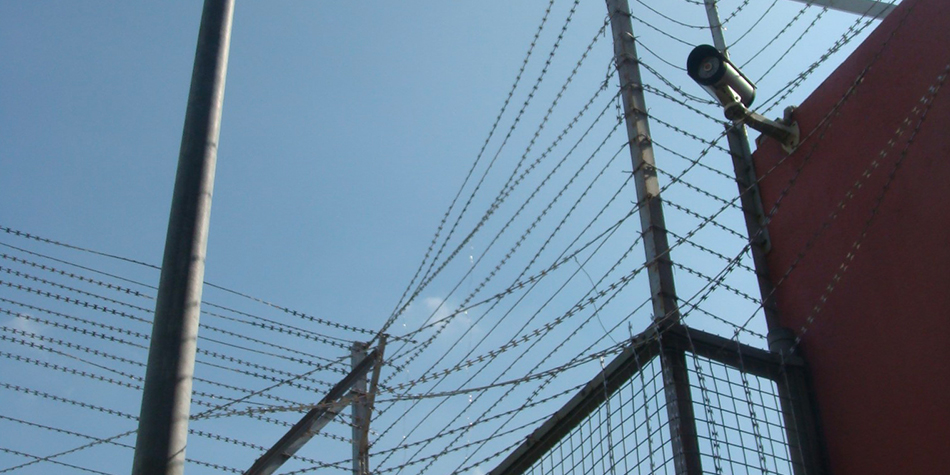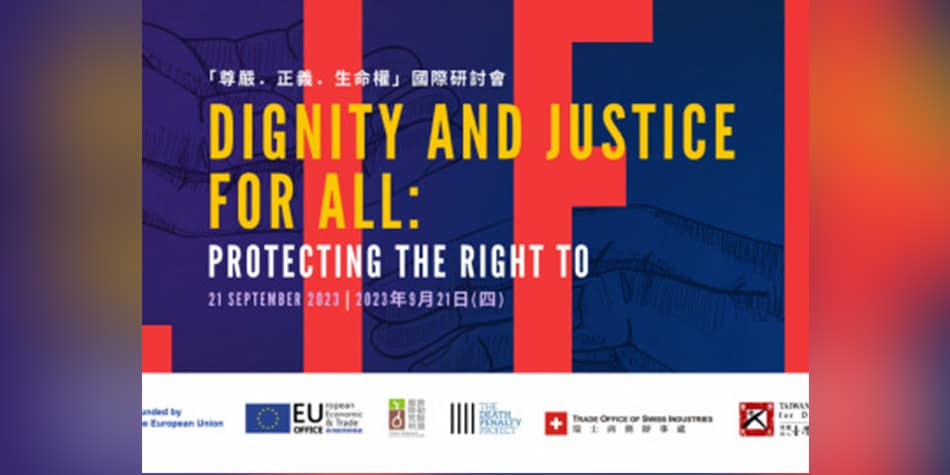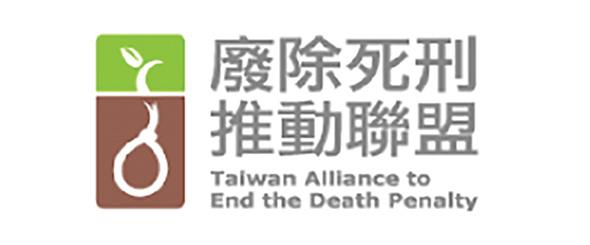
Does one year of “double zero” mean the death penalty has been repealed? How close is Taiwan to abolishing capital punishment?
Asia
By Lin Hsin-yi, Executive Director of the Taiwan Alliance to End the Death Penalty, on 28 April 2022
After the end of the last workday of 2021, it became clear that no one would be sentenced to death or executed that year – the first time ever that Taiwan has experienced “double-zero.”
Nevertheless, we find there is little reason for optimism, as one can already foresee articles in the major papers and the public criticizing the government – exclaiming, how could they have de facto abolished capital punishment? – and pushing for more capital sentences and executions. We are thus not hopeful about this milestone extending into 2022.
What does it mean to be “abolitionist in practice”?
There is, in fact, a very specific and internationally accepted definition of the phrase “abolitionist in practice.” A country is considered to have repealed the death penalty in practice if it has not executed anyone in 10 years or if the government has officially committed to a moratorium. For example, this is the case with South Korea, which has not executed anyone since late 1997, and Mongolia, whose president announced a moratorium on executions in 2010 (later, in 2012, they also became a signatory to the Second Optional Protocol to the International Covenant on Civil and Political Rights).
No one was executed in Taiwan for a brief period from 2006-2009, yet this – let alone one year with no executions – does not constitute “abolitionist in practice”. There is no reason for either supporters or opponents of the death penalty to rejoice or feel angry. Rather, more importantly, what lessons can we learn from the past year or several years?
In 2009, Taiwan ratified and implemented two instruments into domestic law: The International Covenant on Civil & Political Rights and the International Covenant on Economic, Social and Cultural Rights, making a commitment before the international community that we are willing to take action to respect international human rights norms and processes. Then, in 2013 and 2017, the government also invited international human rights experts to Taiwan to assess the implementation of the two instruments, but because of COVID-19, the third round of the international assessment only took place in May 2022.
During the periodic review of these instruments, the practice of capital punishment was examined and criticized. It is undeniable that it is for this reason as well that the domestic legal system is becoming increasingly demanding with respect to the use of the death penalty and more aligned with international human rights standards. Therefore, the drop in the number of executions and capital sentences is a natural outcome of Taiwan’s implementation of these instruments. There would only be reason for concern if the reverse were true.
Unlike Mongolia, which signed the Second Optional Protocol that abolishes capital punishment, Taiwan has only adopted the International Covenant on Civil and Political Rights and therefore is under no obligation to immediately abolish the death penalty. Nevertheless, under the Covenant, Taiwan must gradually move towards an abolitionist policy and restrict the use of the death penalty to only “the most serious crimes.” It must also respect the sentencing standards and due process as laid out in the Covenant.
In 2017, the government invited international human rights experts to come to Taiwan for a second review of the Conventions, and this is the press conference organized to share the conclusive opinions and recommendations.
The death penalty in Taiwan today
As for Taiwan gradually turning towards an abolitionist policy, the main question is how to explain this to the segment of the population that is skeptical of ending capital punishment and discuss the way in which the most serious crimes will be punished after abolition, i.e. what will replace capital punishment. However, we will not be seeing anything from the Ministry of Justice for several years.
There is a debate within the judicial system about restricting the use of the death penalty to the most serious crimes. In 2018, The Human Rights Council made General comment no. 36 on Article 6 of the International Covenant on Civil and Political Rights, on the right to life. Its paragraph 35 states that crimes which did not directly and intentionally result in death cannot be viewed as “the most serious crimes.”
Taiwanese courts have made rulings in accordance with the Covenant, restricting and providing a strict interpretation of the application of “the most serious crimes.” For example, in the Tang Jing-hua case, the Supreme Court ruled to convert the death sentence granted by the High Court into a life sentence. One reason for this is that the case involved indirect intentional homicide. After indirect intentional homicide was integrated into Taiwan’s criminal justice system, and in the spirit of the Covenant, which limits the use of capital punishment to special cases, low-severity indirect intentional homicide must be excluded from “the most serious crimes.”
Moreover, the relevant provisions of the Covenant contain very clear indications as to whether mentally disabled persons can be sentenced to death. For example, paragraph 49 of General comment no. 36 clearly comments on the death penalty for those who are able to accept only partial moral responsibility or who face special barriers in defending themselves on an equal basis with others, for example, people with serious psycho-social disabilities, not limited to the scope of mental disorders.
Although I do not believe that the Covenant should be applied to all rulings, this debate and opinions supporting or opposing the rulings reflect the fact that the Taiwanese judiciary is using the argumentation behind their rulings to gradually (or, perhaps, slowly) implement the Covenant. It does not suffice for a case to be a “most serious crime” for it to result in capital punishment; if, during the trial, not all fair trial standards were respected, the case cannot result in a death sentence.
Of course, there are other changes, too. For example, in addition to whether the defendant should be sentenced to death, one needs to consider factors such as personal circumstances and allow the use of pre-sentencing social surveys/circumstances (fact-finding for sentencing) during the trial for use by the judge during sentencing – all of these have gradually become standard components of major criminal cases.
Taiwan has a long way to go to abolition in practice
As for the progress described above – setting aside the emotional subject of maintaining or abolishing the death penalty – it is true that the changes in the judicial system over the past few years have moved things along in the direction of righteousness and stronger human rights protections. But we are still quite far from abolition. In some cases that obviously do not comply with the standards of the Covenant, the prosecution nevertheless requests the death penalty, and judges are continuing to sentence people to death. It is simply that in 2021, there happened to be no cases resulting in a death sentence.
Might Taiwan abolish the death penalty in practice? Is there any chance the death penalty will be abolished via legislation? Unfortunately, this is unlikely at the moment, but this path is unavoidable in the long term. I hope that in this process, both supporters and opponents will work together to oversee the government and the judiciary and prevent us from sliding backwards.
Notes: This article was originally published on Feb. 17, 2022 on opinion.udn.com (鳴人堂)
Image: TAEDP
Categories
Taiwan






